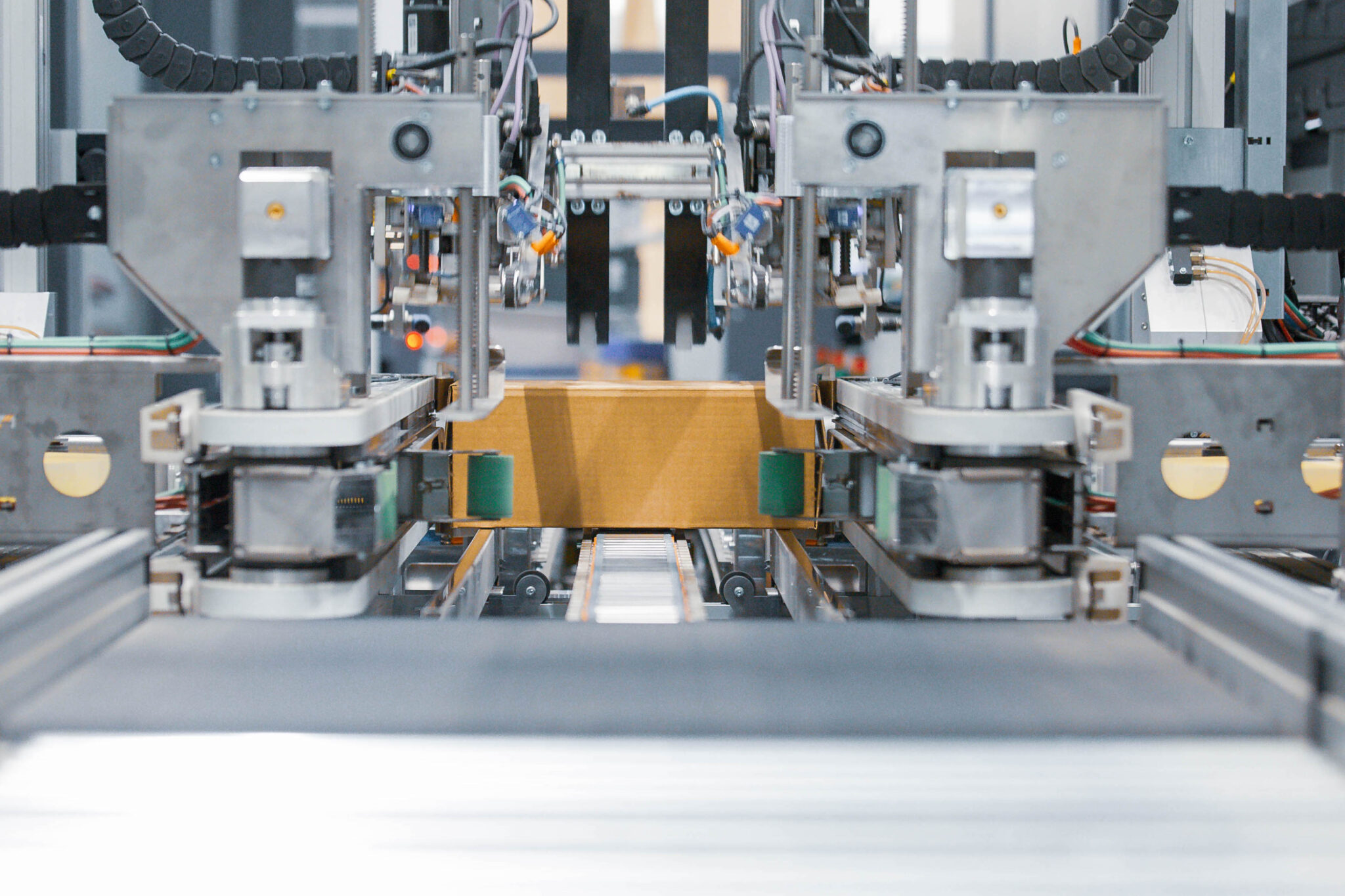‘Right to Repair’ legislation is having an impact on consumer goods manufacturers and spare parts stockists in at least four States in the US, and those waves are being felt too, by OEMs in Europe and the UK, writes Jo Bradley, Business Development Manager at Sparck Technologies.
Perhaps not before time, the backlash against the ‘disposable society’ is in full swing. This is great news for the environment – not so great for the many companies who will face some serious packaging problems.
For many decades, ‘spares and repairs’ has been an industrial orphan – across a wide range of consumer goods, and indeed commercial equipment, it has been cheaper to send a broken item to landfill and buy a replacement rather than to have it repaired. In many cases the design and manufacture renders even simple repairs not just economically prohibitive but physically impossible. But under pressure from both consumers and regulators, this is changing.
In the US, at least four States have brought in versions of ‘Right to Repair’ legislation. In the European Union, the European Parliament early last year adopted a Directive extending existing laws to require manufacturers, initially of common household goods from washing machines to smartphones, either to repair damaged items, or to make spare parts, tools and instructions available to consumers and third party repair shops ‘at reasonable prices’. In the UK, major retailers including Currys (electricals/electronics) and the department store John Lewis are making a big thing of their repair services. This is in addition to the usual service of ‘consumable’ spares such as replacement filters.
But this will mean a big increase in the number of packages moving through different lanes. OEMs, or their parts stockists, will have to supply individual items, or ‘kits’ of parts and tools, both to repair specialists and direct to consumers, while the repair shops have to pack and despatch renovated products back to their owners. In the industrial and commercial sectors, suppliers to MRO (Maintenance, Repairs, Operations) activities – not just spare parts but also tools and consumables such as drill bits – already face similar challenges.
The range of items involved is intimidating. A washing machine repair might involve a new drum, or just a new microswitch. Under some of the new laws products have to be supported for many years so the number of different parts is vast. In automotive, where of course ‘spares and repairs’ never went away, we know a US client with 1.3 million part numbers in their catalogue – and that is just to support their niche market of imported German cars! Clearly, packing everything into the same narrow range of ‘standard’ boxes or cartons is a non-starter.
And many or perhaps, given the advance of electronics, most spare parts are small both in size and in value. Small items generally require proportionately more packaging material – coupled with labour costs it is no surprise that packing can cost more than the value of the goods. In many cases, supporting repairs is inherently uneconomic; the more so if spares are required to be supplied ‘at reasonable prices’. And shipping costs too can be disproportionate for small boxes, especially if the box is larger than it needs to be.
So OEMs, stockists and repair shops need to bear down heavily on the costs of pick, pack and dispatch. Smart automation of these operations will be critical, and luckily, ‘right-sizing’ boxes for dispatch can now be a fast, automatic process that can produce over 1000 boxes an hour.
Sparck Technologies’ automated boxing systems not only replace most of the labour required in manual operations – one or two operators on a machine can achieve the same throughput as up to 20 manual stations – but for individual items or ‘kits of parts’ can create boxes that are ‘fitted to size’ for each order. The item or assemblage is 3D scanned, the optimum size and shape of box calculated, board is cut, creased, erected, sealed, weighed and labelled. If required, the machine can keep producing ‘standard’ (not necessarily the carton industry’s standard) boxes until a ‘special’ is needed. There is also the option to split operations so that a ‘tray’ is produced into which items can be picked, and which is then united with its ‘lid’ elsewhere. Sparck’s CVP machines can handle weights of up to 30kg, and at the other end of the scale create boxes as shallow as 28mm.
The CVP Impack range can pack at up to 500 orders an hour, or one every seven seconds, while the CVP Everest range achieves an impressive 1,100 per hour – one box every three seconds, and unlike with manual packing, this performance doesn’t tail off towards the end of the shift.
Besides these labour savings and productivity gains, there are many other benefits. Savings in the use of board of typically 30% are commonplace, while void fill – typically non-recyclable – can be greatly reduced or even eliminated. Right-size boxes economise on postage or courier rates, particularly when these are based on ‘volumetric weight’, and make more efficient use of transport. Creating boxes at the point of use means that there is no need to store large numbers of pre-forms or erected boxes. With one machine you’ve got more than 40 million box sizes at your disposal. And packaging that fits the items snugly reduces the risk of transit damage. This all saves money, pleases the customer and is good for the planet.
Retailers and manufacturers are getting to grips with the Returns cycle – now they have to contemplate Repairs as well. But with ‘right-size’ auto-boxing technology, at least the pack and despatch side is more manageable.
similar news



